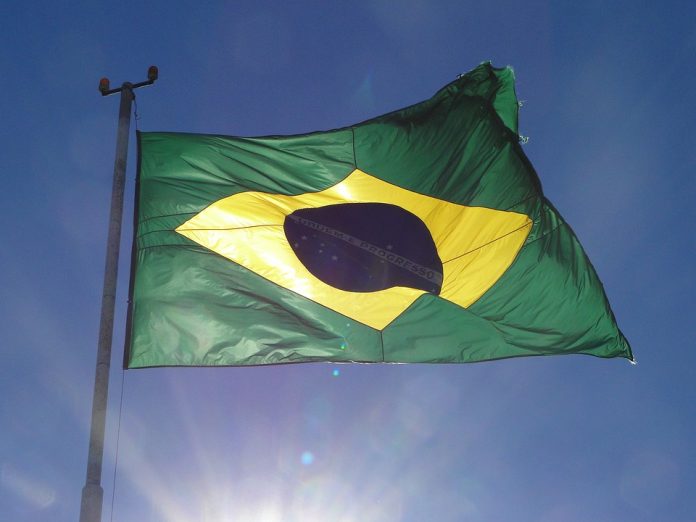Brazil has surpassed the 5 GW mark for installed solar power, according to the latest statistics from the Brazilian Association of Photovoltaic Solar Energy (ABSOLAR).
The association recently conducted a study indicating that the Brazilian PV sector has attracted more than BRL 26.8 billion ($4.76 billion) in new private investments, while generating about 130,000 jobs, with approximately 15,000 companies operating in the country.
In the large-scale PV segment, Brazil has 2.68 GW of installed capacity, which is equal to about 1.5% of the country’s electricity mix. The total investment planned through 2025 in relation to projects that have already been contracted in energy auctions has exceeded BRL 25.8 billion. In 2019, solar was the most competitive energy source among all renewables featured in last year’s A-4 and A-6 auctions, with average prices below $21.00/MWh.
Overall, the Latin American country now has 92 operational utility-scale solar plants across nine states, including Piaui, Ceara, Bahia, Pernambuco, Rio Grande do Norte, Paraíba, Minas Gerais, Sao Paulo, and Tocantins. The total investment in these projects was about BRL 14,000 million.
In the distributed-generation PV segment – which includes all solar systems up to 5 MW in size under Brazil’s net-metering scheme – total installed capacity stands at 2.42 GW. That represents BRL 12.8 billion in investments since 2012.
Ronaldo Koloszuk, the president of ABSOLAR’s board of directors, said that solar energy will play an increasingly strategic role in achieving the nation’s economic development goals. It will be particularly key to helping the economy to recover from the aftermath of the Covid-19 pandemic, “since it is the renewable source that generates the most jobs in the world,” he said.
Rodrigo Sauaia, the CEO of ABSOLAR, said that during the 2015 and 2016 crises, Brazil’s gross domestic product was minus 3.5% per year. But the solar sector grew more than 300% over that period, and helped the economy to recover. “Now, after the most acute phase of the current pandemic, solar energy will once again drive Brazil’s recovery, being part of the solution, both for our society and for the environment,” he concluded.






